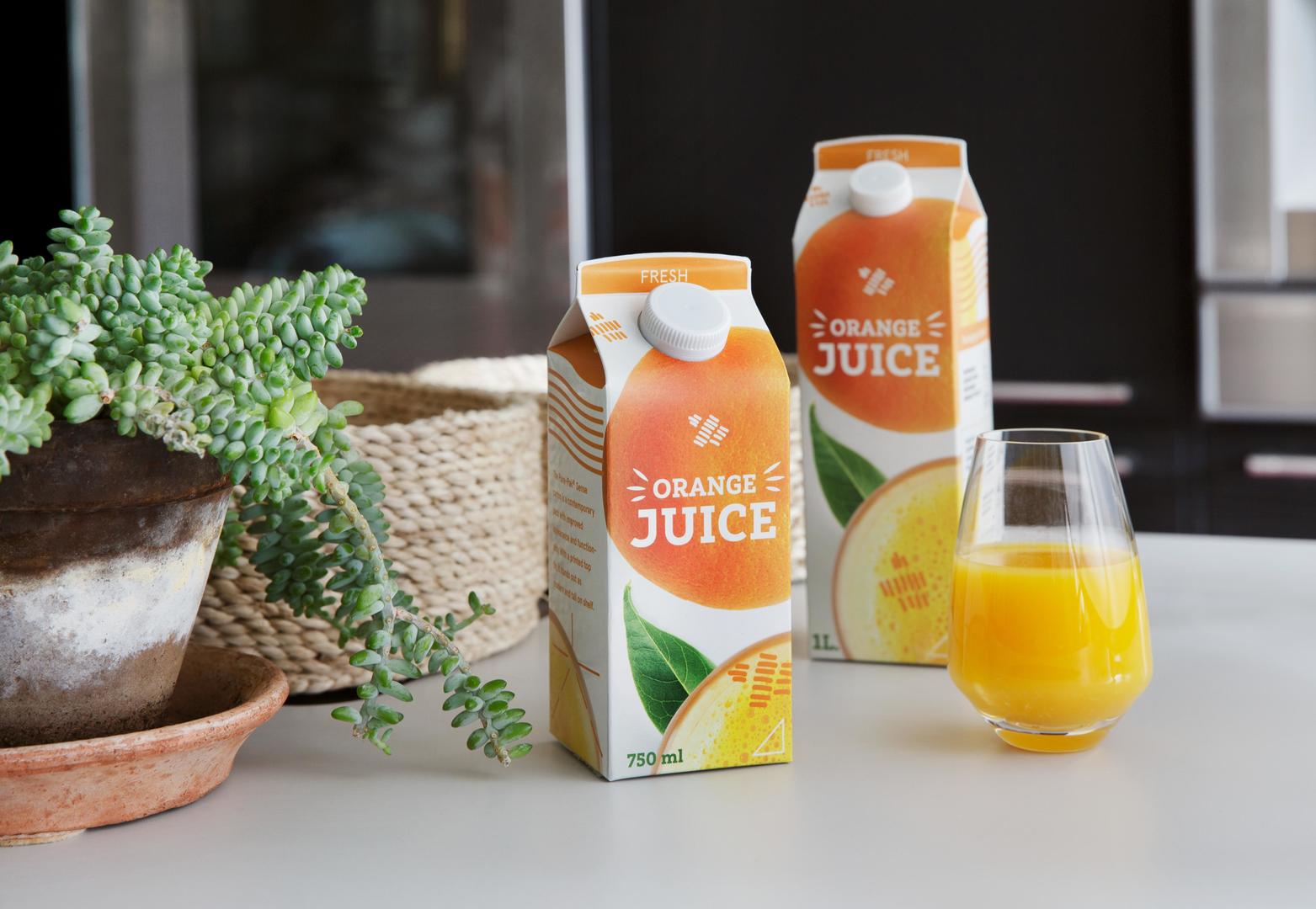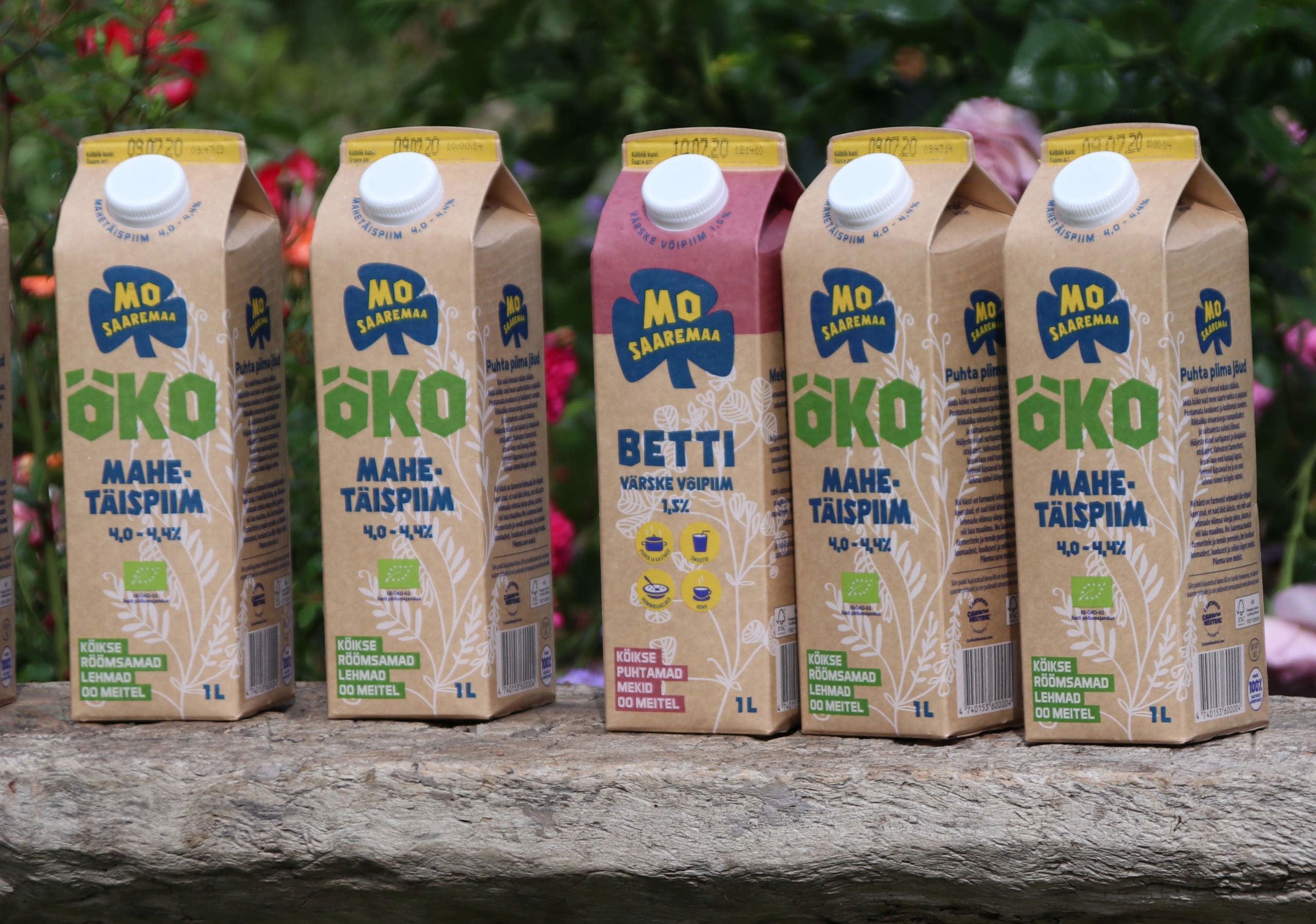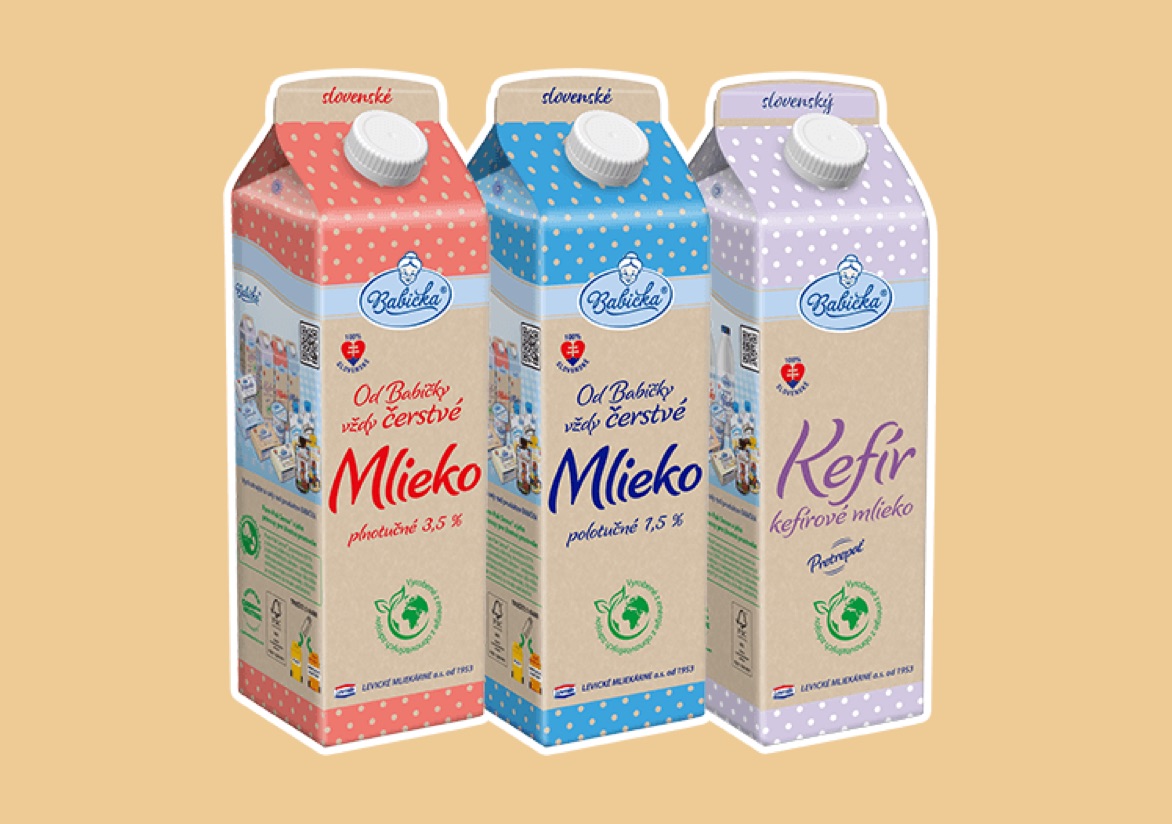The environmental benefits of beverage cartons

In December 2020 The Alliance for Beverage Cartons and the Environment (ACE) published a report supporting the superior performance of beverage cartons. The report was commissioned by ACE and carried out by Circular Analytics at the University of Applied Sciences Campus Vienna, Austria.
The report was derived from the results of LCA meta-analysis, and the interpretation of studies into the comparison of packaging options for liquid food and beverages. Circular Analytics found strong evidence of a superior performance concerning the global warming potential of beverage cartons compared to alternative packaging options of PET bottles and single-use glass bottles.
The report concludes that the superior performance of the beverage carton is a result of its packaging and transport efficiency, and the renewable origin of its main material of sustainably sourced wood.
Packaging efficiency means that only low quantities of packaging material are required for packing a product. The report found that beverage cartons has a higher packaging efficiency than single-use and resuable glass bottles, and PET bottles.
The high packaging efficiency also leads to a higher transport efficiency, resulting in lower emissions due to transporting goods. Thirdly, as beverage cartons are made from renewable materials, they reduce the strain on fossil resources e.g. to produce plastic. The report states that even if the entire European Union meets a 90% collection rate of e.g. PET bottles by 2030, plastic consumption would still be higher than with beverage cartons.
Finally, beverage cartons are made from wood sourced from sustainably managed forests. The report stated that while e.g. PET bottles are comprised of 100% plastic, beverage cartons are mainly made from wood. Although cartons do require some plastic components, such as caps and liners, these can be produced from bio-based raw materials such as sugarcane or tall oil. Therefore, beverage cartons can be manufactured with materials of 100% biogenic origin.

Saaremaa moves organic milk from plastic to cartons
In a move from HDPE plastic bottle packaging, Saaremaa Piimatööstus (Saaremaa Dairy) has re-launched its Mo Saaremaa ÖKO organic milk in sustainable cartons. On the Estonian island Saaremaa, and in the face of huge COVID-19 infections, the new carton was introduced in March 2020.
Mo Saaremaa ÖKO organic whole milk is a product for people who care about both health and the environment. It was essential to a package that was the perfect fit for these criteria. For Saaremaa Dairy, Elopak’s Natural Brown Board Pure-Pak® Sense carton was the only ideal choice.
The dairy selected the most sustainable carton for this major switch of packaging strategy, with Natural Brown Board and renewable PE. The cartons are also carbon-neutral, and were used again in April 2020 to re-launch Saaremaa’s Pett and betti buttermilk products.

Levmilk swaps PET bottles for cartons
In May 2020, Levmilk Dairy in Slovakia re-launched its fresh products in cartons, switching from its long-established packaging format of PET bottles. The new carton followed feedback from retailers calling for a more ecological alternative to plastic packaging.
Glass bottles were considered, but Elopak’s portfolio convinced Levmilk that the only right direction was the Pure-Pak® carton. Levmilk launched 1 liter Pure-Pak® Sense cartons with Natural Brown Board for its fresh Kefir products and continues to fill more products into cartons to meet the demand for eco-friendly packaging.
The dairy has said that the new cartons reduce CO2 emissions by 38%, with up to 87% of the carton made from wood from renewable forests and other controlled sources. The carton has a lower plastic content, reduces transport costs, and consumes less raw materials in production.
